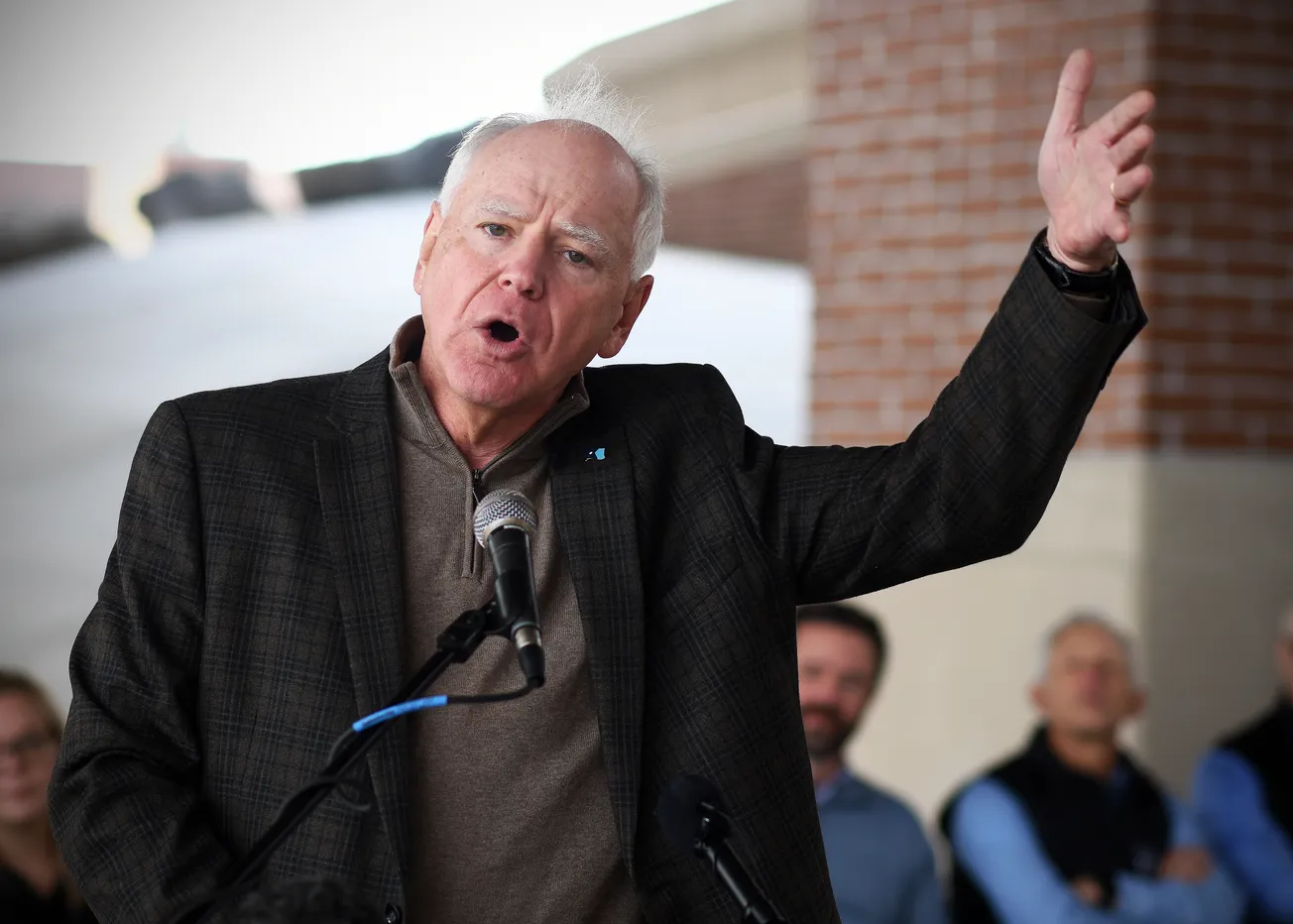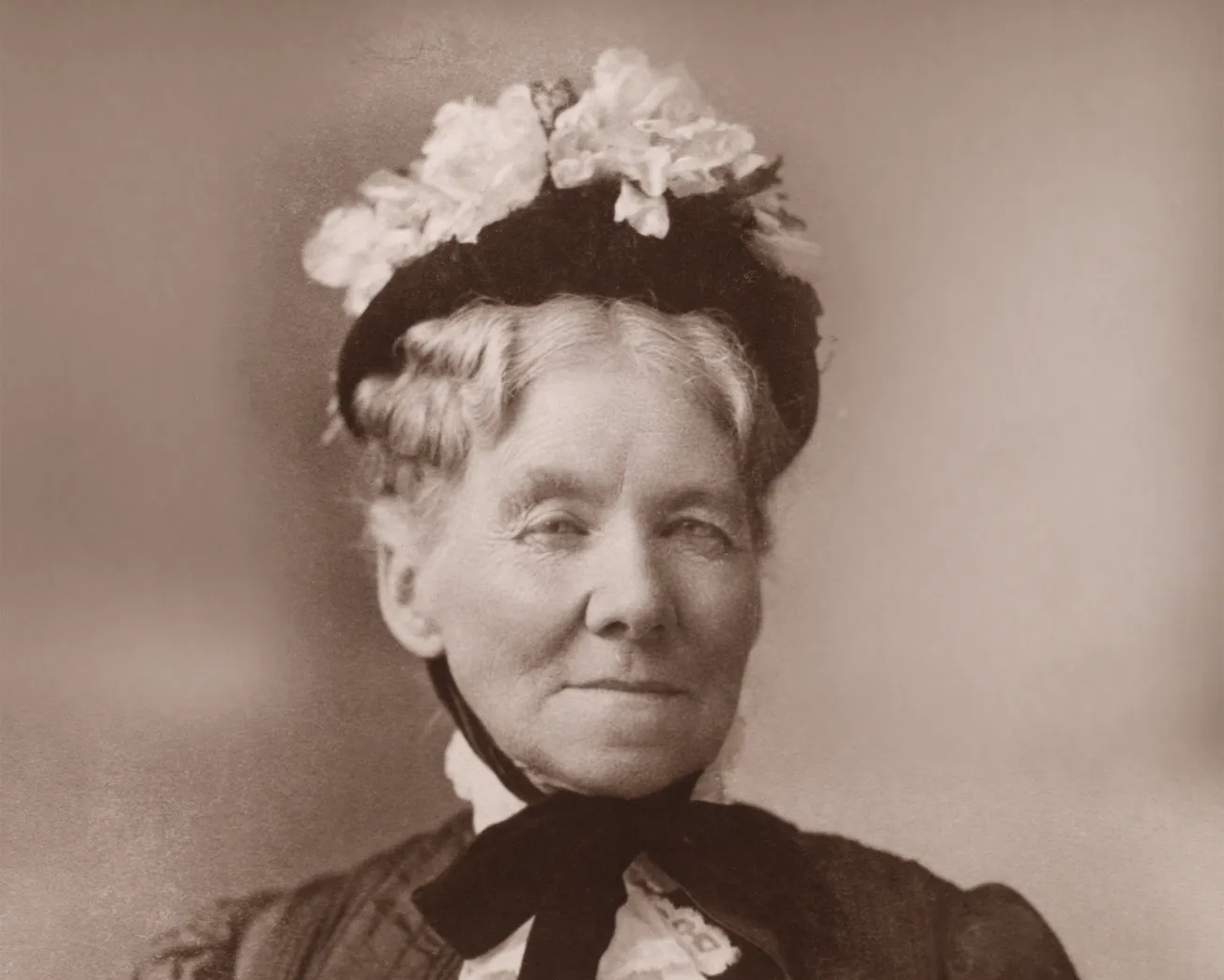Howie: If Hubert Humphrey were Minnesota’s governor today
At the 1948 Democratic National Convention, when many in his party wanted to avoid alienating Southern segregationists, Humphrey, 37, strode to the podium and declared it was time to get out of the shadow of states’ rights and walk forthrightly into the bright sunshine of human rights.
Latest
UMD clips Miami 5-2, moves closer to home ice in the first round of the NCHC playoffs
Max Plante had a goal and an assist and Scout Truman the game-winner for the Bulldogs.

Howie: Minnesota Monsters announce preseason event
The Monsters are Duluth’s newest professional arena football team and will compete in Arena One Football this season. The team will play home games at Amsoil Arena. Arena football is played indoors on a shortened, 50-yard field.

Howie: This is Duluth’s big-league moment
"I'm excited to see the move to AF1. I'm hoping that the Monsters can continue to grow their tradition of excellence against the next tier of talent representing teams from across the country. The move into Amsoil is another exciting development, bringing fans closer to the action." -- Don Ness
Tim Meyer: Are We Alone? Absolutely Not.
Former President Barack Obama said on a podcast that there are things in the sky we cannot explain — comments widely interpreted as acknowledgment that unidentified phenomena are real. He later walked parts of it back.




